who should quarantine after exposure
Watch for symptoms until 14 days after exposure. O You do not develop symptoms of COVID-19 at any point during quarantine.
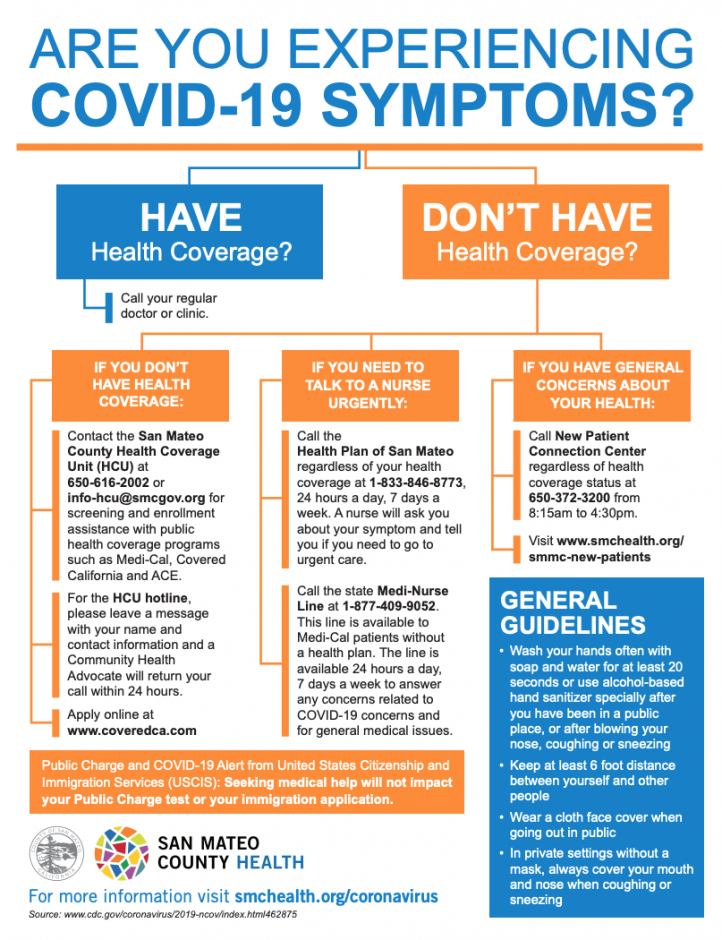
Symptoms Exposure San Mateo County Health
Even if you get tested for COVID-19 have no symptoms and have a negative test you should remain in quarantine for the entire 14 days.
. Even if you get tested for COVID-19 have no symptoms and have a negative test you should remain in quarantine for the entire 14 days. Even if youre doing everything right like getting vaccinated wearing a mask and practicing social distancing and good hand hygiene you may still find yourself in a situation where youve been exposed to someone with COVID-19 andor are experiencing symptoms yourself. Been tested for COVID-19 and are waiting to hear the results or.
Unless you have symptoms an antigen test is likely adequate for this purpose Campbell says. Quarantine can end after Day 10 from the date of last exposure without testing. If symptoms develop during quarantine they should isolate and get tested immediately.
However they should get tested five to seven days after exposure. Quarantine can end after Day 7 if a diagnostic specimen is collected on Day 5 or later from the date of last exposure and tests negative. A quarantine period is usually 14 days after the date you were last exposed to the person with COVID-19 when they were infectious.
Stay home and limit interactions with others until 10 days after exposure no symptoms and without testing OR until 7 days after exposure no symptoms and with a negative test result occurring between days 5 and 7. You should isolate for 10 days if you get a positive test result. More details on these options to reduce quarantine times can be found on the CDC or CDH.
Quarantine is not required for anyone who has been fully vaccinated against COVID-19 and shows no symptoms. AND o You continue to self-monitor for symptoms until 14 days after the last exposure. Stay home until you can get tested and keep staying home until you get your test results back.
According to the CDC fully vaccinated individuals do not need to quarantine after a potential COVID-19 exposure if they are asymptomatic but they should still get tested five to seven days after exposure. Monitoring Requirements for Everyone after Exposure to COVID-19. With more information coming out from testing about COVID-19 it can become confusing for your course of action if believe you have had exposure to COVID-19 or your test results come back positive.
You do not need to quarantine after exposure if you are fully vaccinated for COVID-19 unless the infected person has symptoms. People who are fully vaccinated do NOT need to quarantine after contact with someone who had COVID-19 unless they have symptoms. Wash your hands frequently and take other steps to prevent the spread of COVID-19.
Vaccine recipients are considered fully vaccinated two weeks after receiving a second dose of the Moderna or Pfizer vaccine or two weeks after receiving the single-dose Johnson Johnson Janssen vaccine. COVID-19 symptoms can appear anywhere from 2 to 14 days after exposure. Had an exposure to someone who has been diagnosed with or may have COVID-19 or.
Furthermore because symptoms may appear anywhere from 2-14 days after exposure it is vital that you quarantine and isolate yourself as soon as possible to stop any further spread of the virus. COVID-19 symptoms can appear anywhere from 2. Quarantine is the practice of separating someone who has been exposed to a virus from other people to see if the person becomes sick.
To discontinue quarantine before 14 days following last known exposure asymptomatic close contacts should. If the test is negative they should get tested again 57 days after last exposure and continue to quarantine. Been told by your local public health authority that you need to isolate.
This is called quarantine. If you develop symptoms at any time in the 14 days after exposure self-isolate immediately and. You do not need to quarantine after exposure if you are fully vaccinated for COVID-19 unless the infected person has symptoms.
People who are unvaccinated or not fully vaccinated should quarantine and get tested immediately after being identified as a close contact. You should also follow the list of considerations below Under certain conditions and a negative COVID-19 PCR test. After stopping quarantine you should.
People who are. If youre isolating at home your household members may need to quarantine after their last exposure to you. However fully vaccinated people should get tested 5-7 days after their exposure even if they dont have symptoms and wear a mask indoors in public for 14 days following exposure or until their test result is negative.
Watch for symptoms for 14 days. The CDC says that vaccinated patients and residents in healthcare settings should continue to quarantine after exposure to someone with a suspected or confirmed case of COVID-19. If you have symptoms immediately self-isolate and contact Boise State Public Health.
Irrespective of quarantine status all individuals exposed to COVID-19 must. This helps prevent the spread of the virus before symptoms develop. If you have symptoms use a PCR test.
The CDC says you should wear a. The test should be taken three to five days after exposure. If you are fully vaccinated dont get tested until three to five days after your exposure even if you dont have symptoms.
The CDC says you should wear a mask indoors until you get a negative test. Check for fever or respiratory symptoms. Quarantine after 10 days on day 11 after exposure may be acceptable if.
After the last exposure. Fully vaccinated at least two weeks after completing a vaccination series which is two doses in a two-dose series or one dose in a one -dose series and have been exposed to a person with COVID-19 do not need to quarantine. If you are considering a shortened quarantine period of seven days your second test must be a PCR test that occurs at least five full days after your last exposure.
You can end quarantine 14 days after your last close contact with a person who has COVID-19. Heres what you need to know about who should quarantine who should isolate and how to do each the right way. Healthcare personnel should refer to the current healthcare personnel return to work guidance for information about furloughafter exposure.
When To End Quarantine. This exception is due to the unknown vaccine effectiveness in this population the higher risk of severe disease and death and challenges with social distancing in healthcare settings the guidance reads. You can end quarantine 14 days after your last close contact with a person who has COVID-19.
Test again 5-7 days post-exposure see below.

Here S Why It S Crucial To Quarantine For 14 Days After Covid 19 Exposure Wfla

Close Contacts Now Have Quarantine Options Public Health Madison Dane County Public Health Madison Dane County
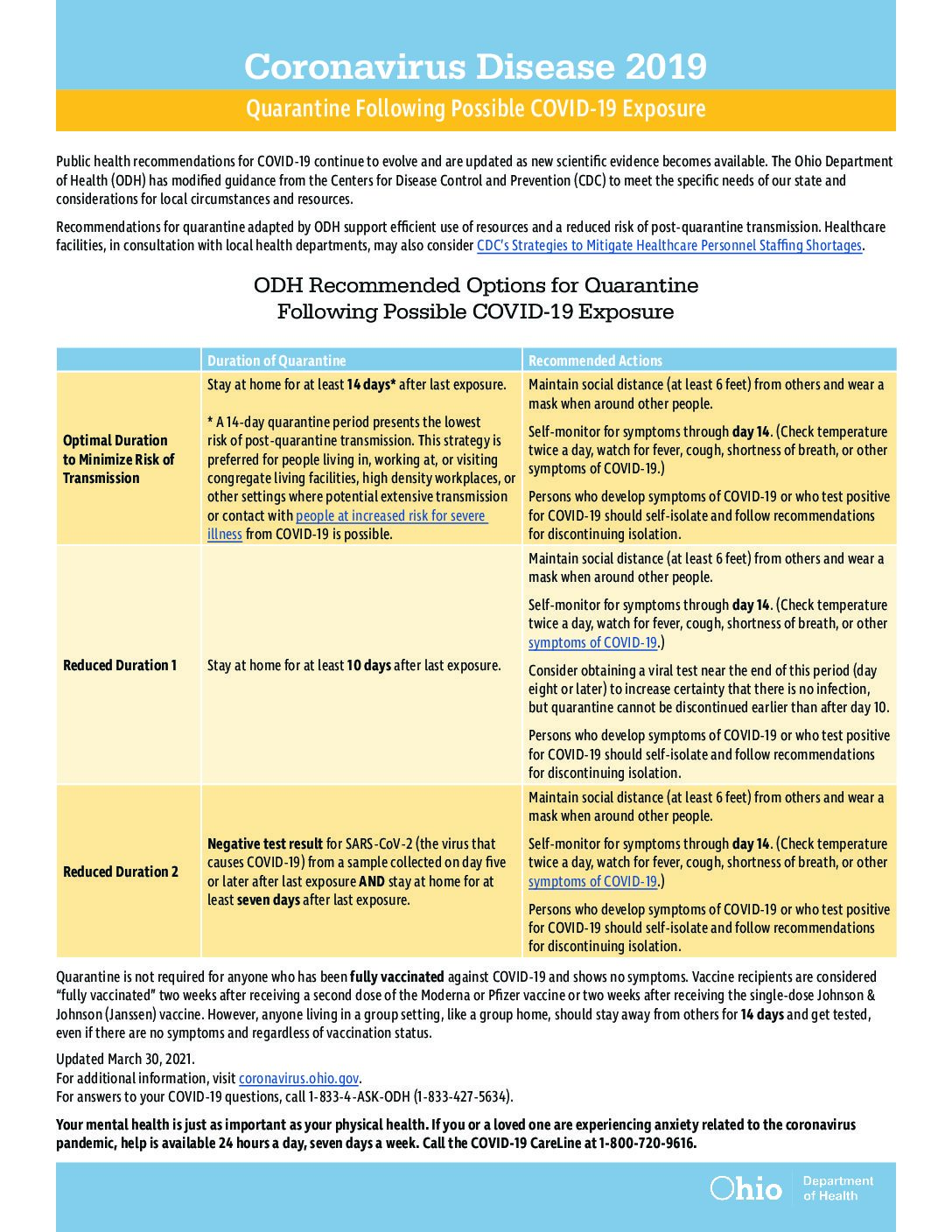
Covid 19 Guidance Richland Health

Isolation Quarantine Guidance St Lawrence County
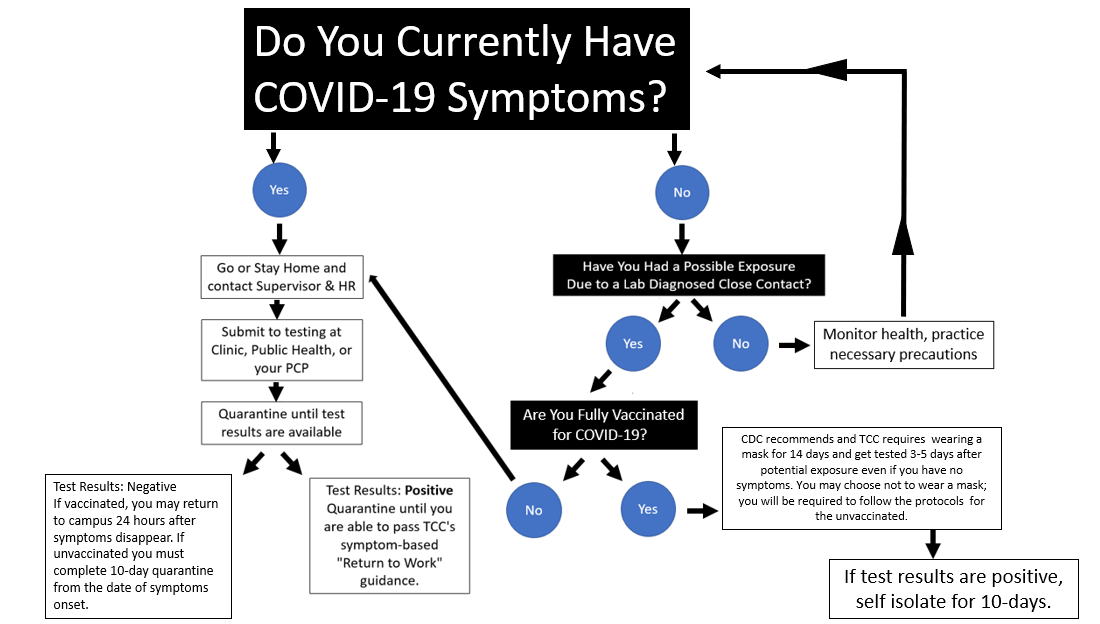
Covid 19 Faqs Tarrant County College
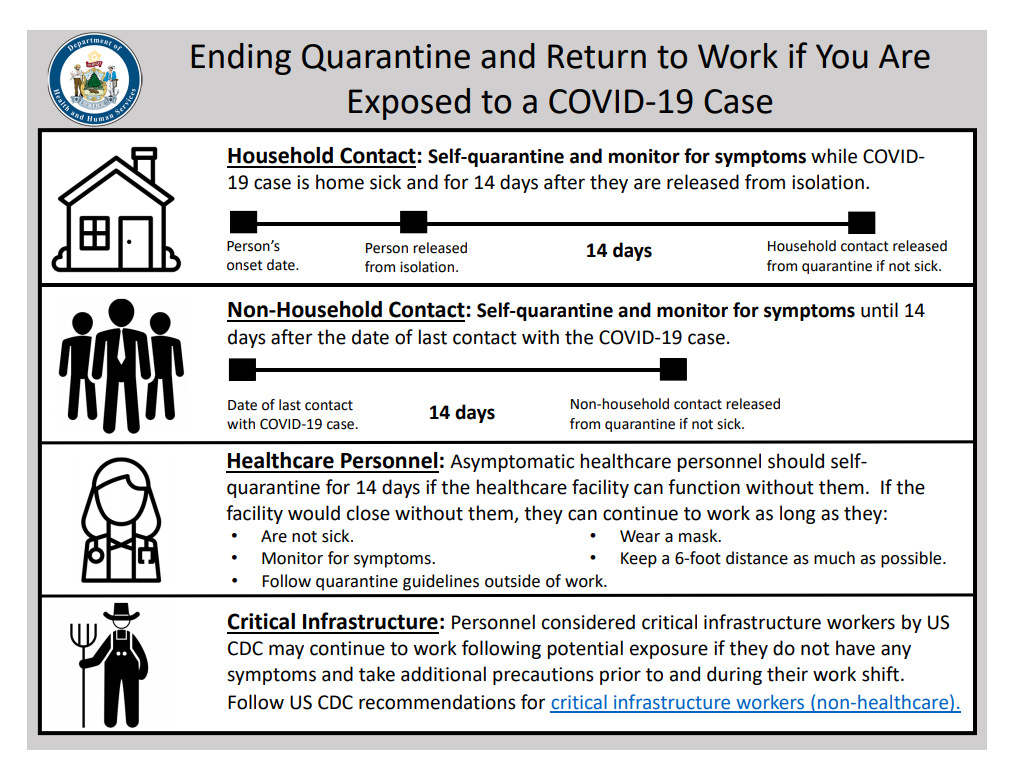
Ending Quarantine And Return To Work If You Are Exposed To A Covid 19 Case
Quarantine And Isolation Springfield Mo Official Website

Lewis County New York Covid 19 Faq

Tracing Isolation Quarantine Okanogan
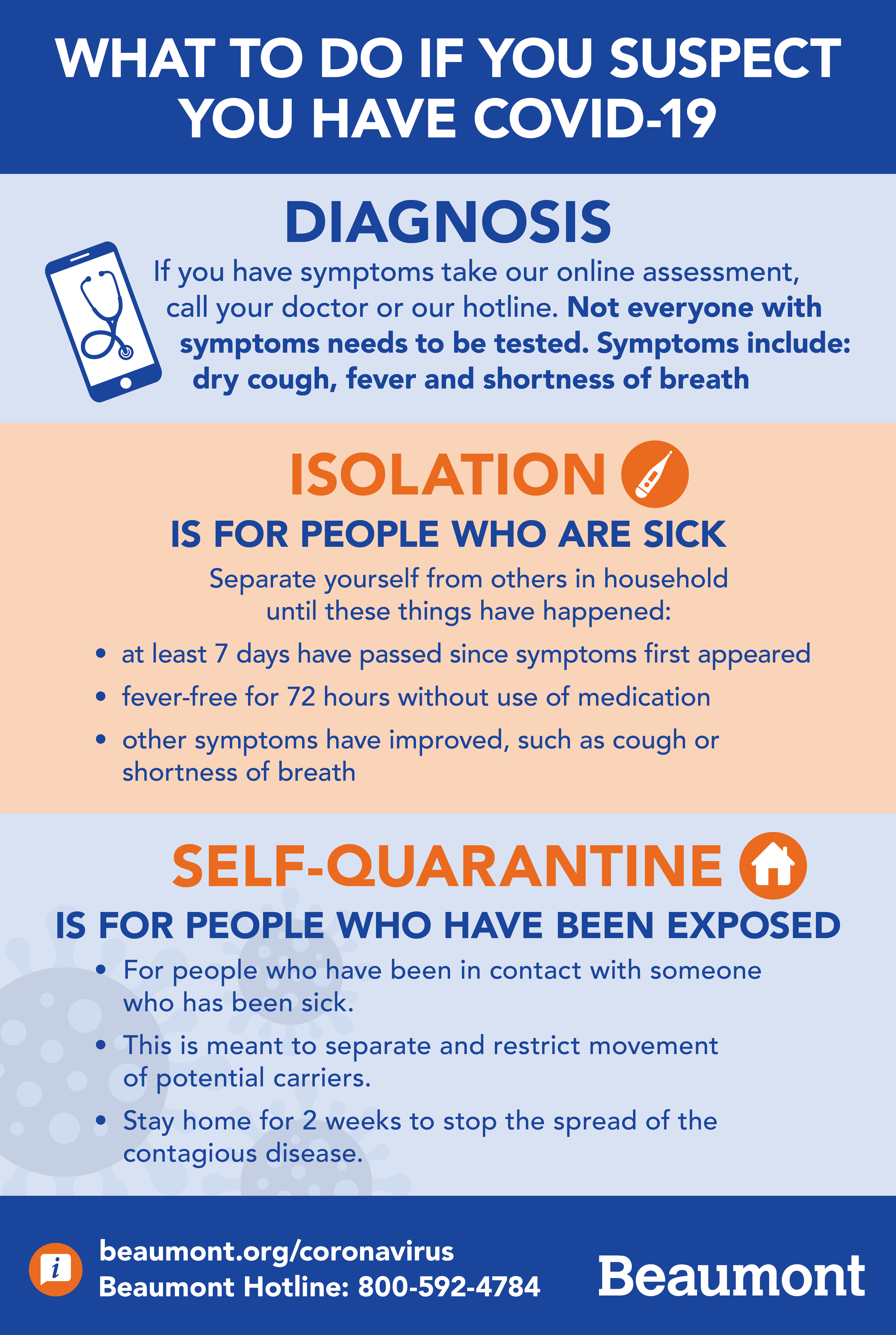
Isolation Vs Self Quarantine What To Do If You Suspect You Have Covid 19 Beaumont Health
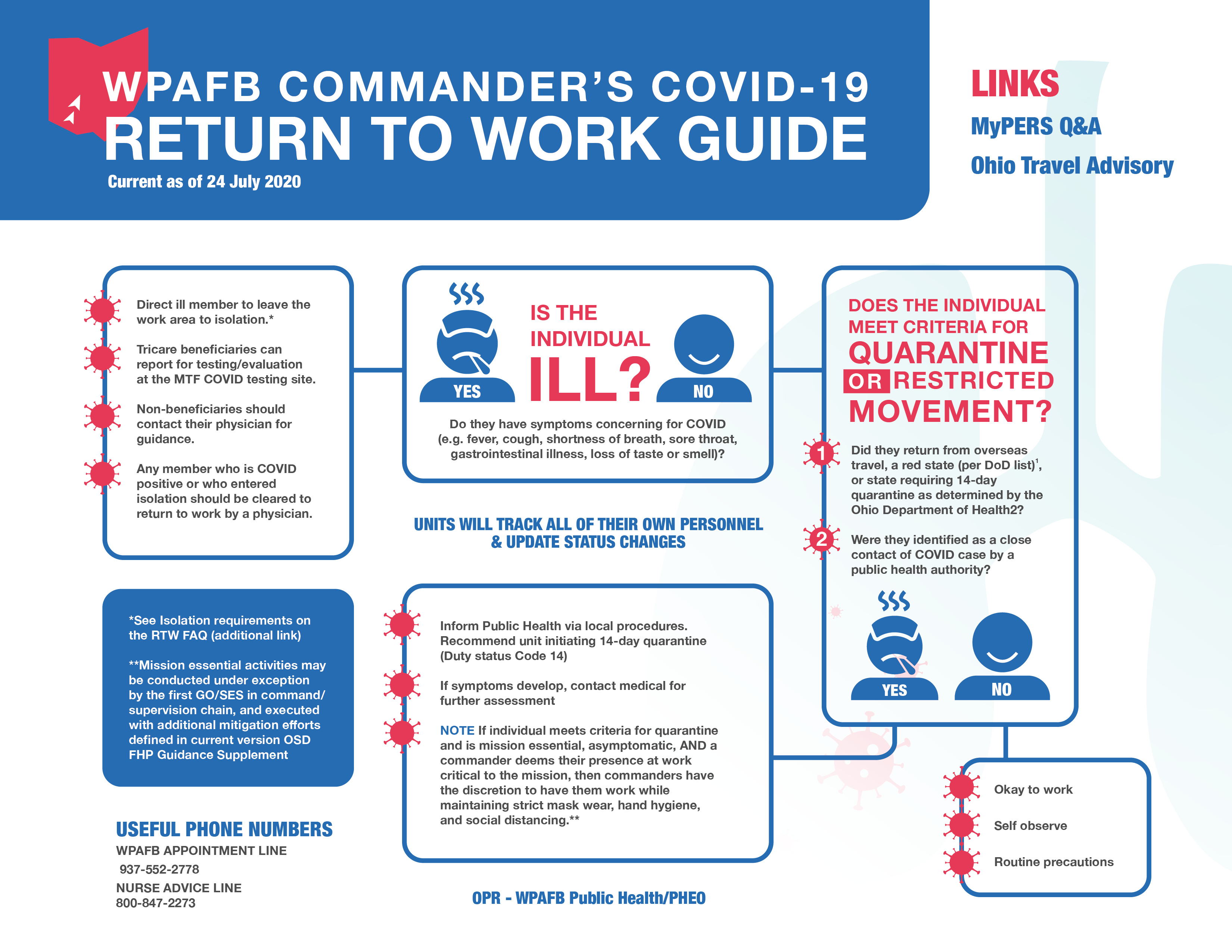
Wright Patterson Afb Coronavirus Covid Info Returning To Work
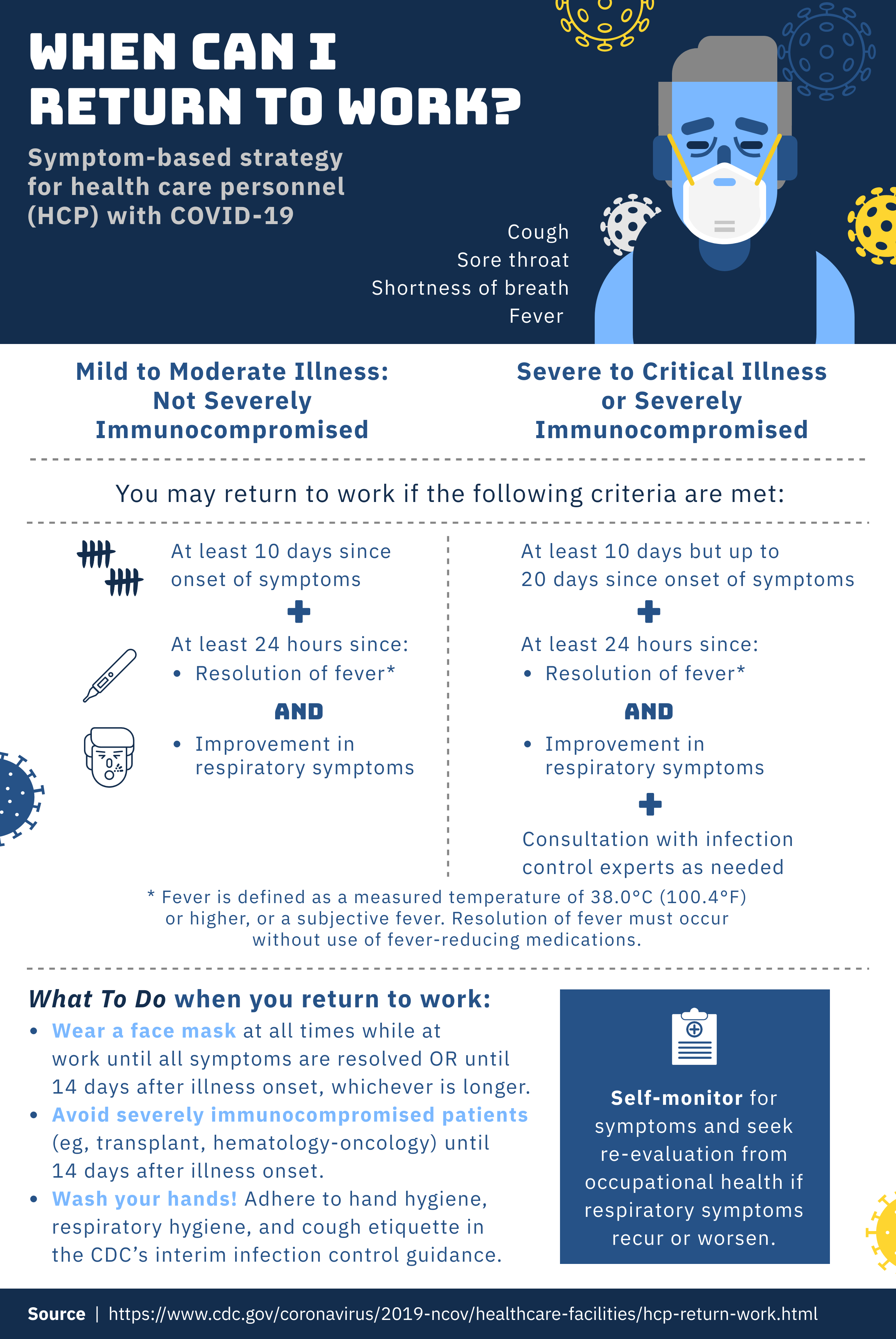
Acep Return To Work Criteria With Confirmed Or Suspected Covid 19

Tracing Isolation Quarantine Okanogan

Covid 19 Notifications And Quarantine Portland State University
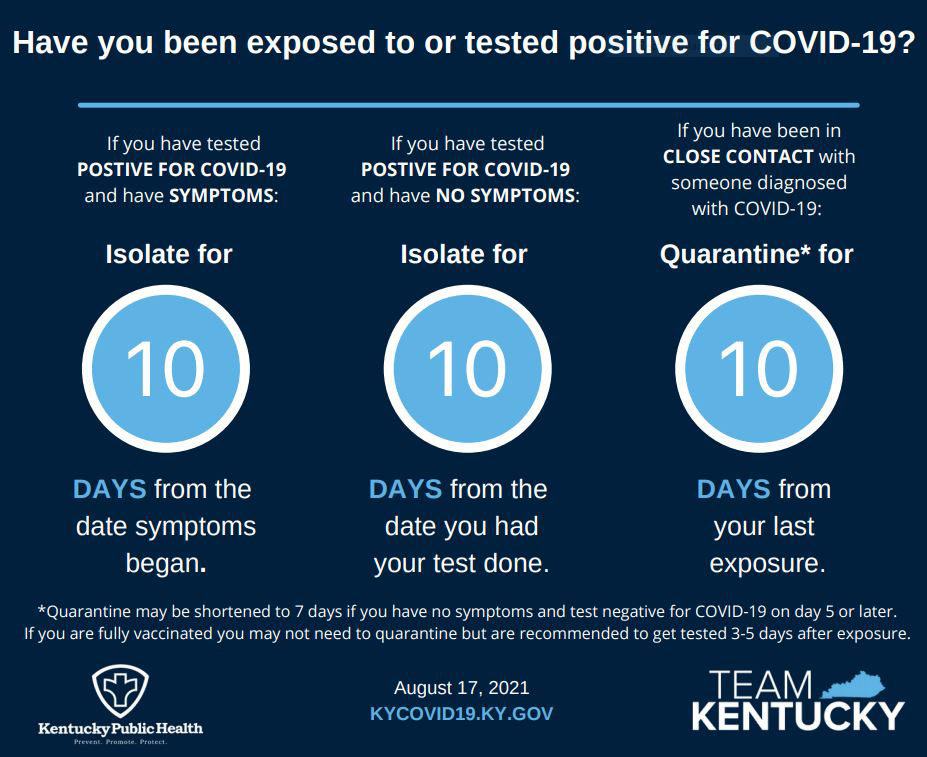
University Health Procedures Testing Quarantine Policy And Contact Tracing
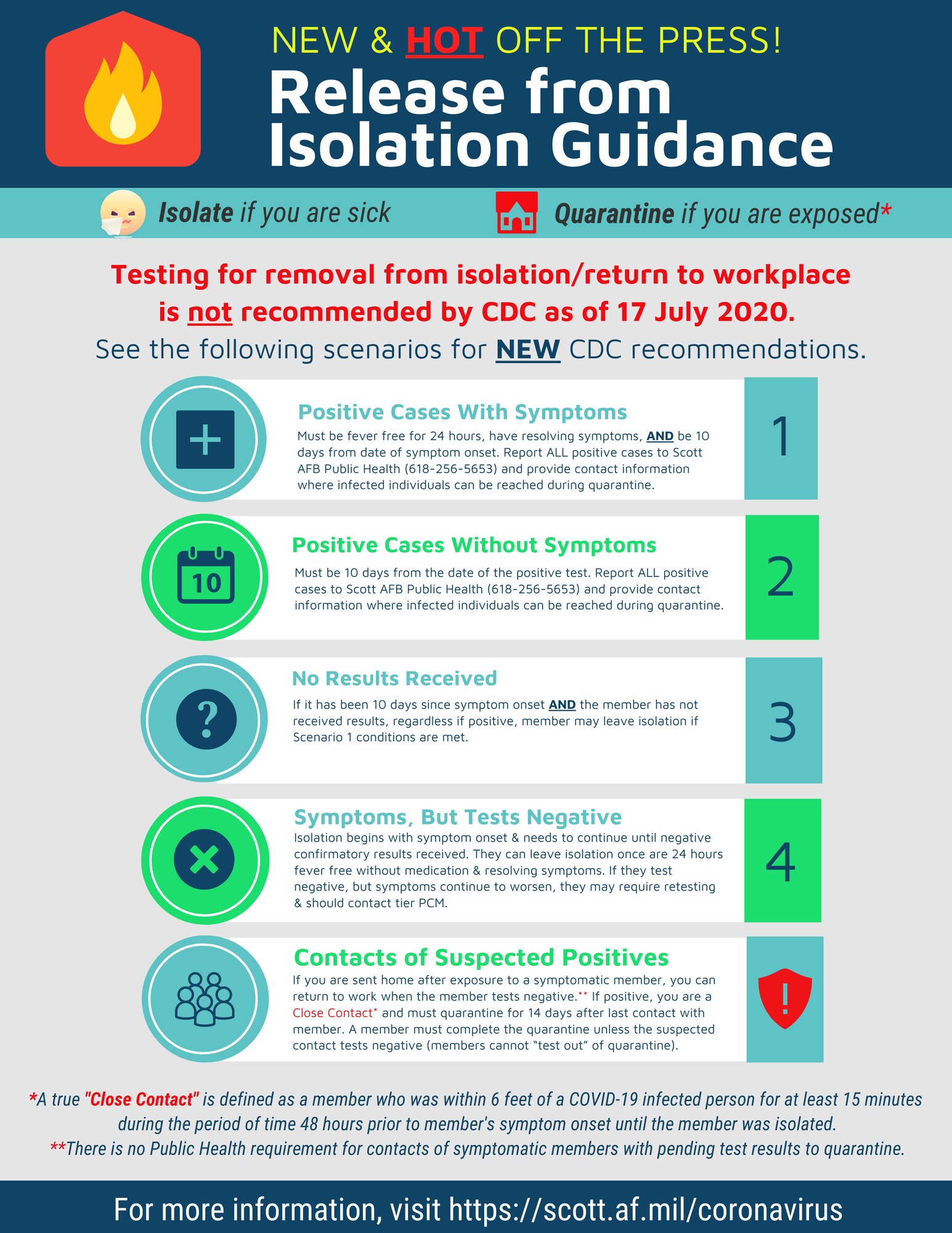
0 Response to "who should quarantine after exposure"
Post a Comment